Moments choisis des Histoire(s) du cinéma (2001)
ジャンル : ドキュメンタリー
上映時間 : 1時間 24分
演出 : Jean-Luc Godard
シノプシス
A very personal look at the history of cinema directed, written and edited by Jean-Luc Godard in his Swiss residence in Rolle for ten years (1988-98); a monumental collage, constructed from film fragments, texts and quotations, photos and paintings, music and sound, and diverse readings; a critical, beautiful and melancholic vision of cinematographic art. (Abridged version of the original collection of eight short films).
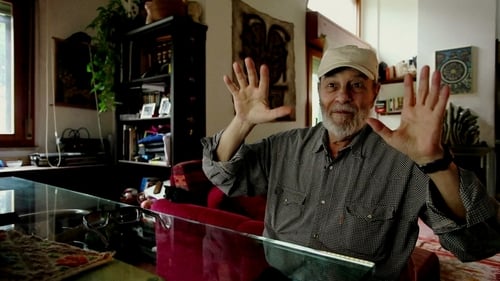
Italy, 1970. An increasing legion of harmless warriors begins a peaceful struggle for sexual freedom through pornography, shaking and shocking religious authorities and conservative political institutions. They are ironic, happy, crazy. They are dreamers, defenders of definitive communion between body and soul. But they were censored and humiliated. They were mistreated and arrested for demanding loud a new cultural renaissance.
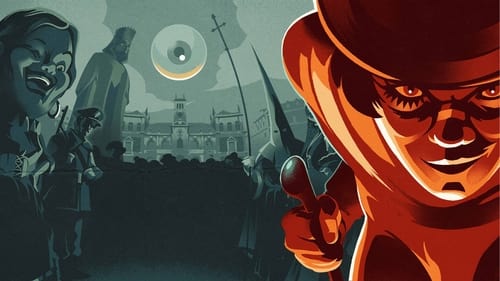
Spain, 1970s. A Clockwork Orange, a film considered by critics and audiences as one of the best works in the history of cinema, directed by Stanley Kubrick and released in 1971, was banned by the strict Franco government. However, the film was finally premiered, without going through censorship, during the 20th edition of the Seminci, the Valladolid Film Festival, on April 24, 1975. How was this possible?
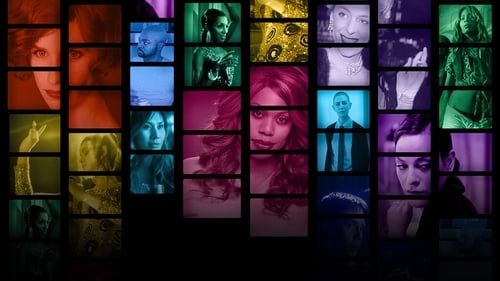
An investigation of how Hollywood's fabled stories have deeply influenced how Americans feel about transgender people, and how transgender people have been taught to feel about themselves.

心身ともに疲弊した映画監督が昔を回想し、記憶の旅を繰り広げていく。スペインの世界的名匠、ペドロ・アルモドバル監督がアントニオ・バンデラス主演で放った自伝的作品。ペネロペ・クルスが特別出演している。

銀幕のセックス・シンボルと謳われ、謎の死を遂げた大スター、マリリン・モンローの知られざる恋愛秘話を映画化。ミシェル・ウィリアムズ演じるマリリンが、『王子と踊り子』撮影中に、第3助監督と恋に落ちる姿を描く。
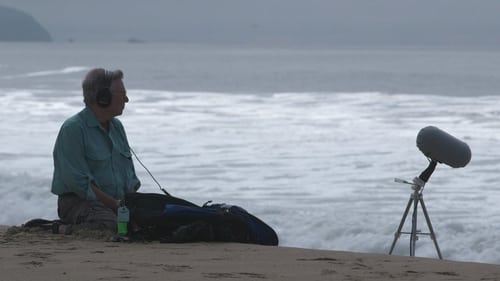
名監督たちはいずれも、映画の音響が作品に与える影響は重要だと語り、自作や過去の名作を例に挙げて解説。音響デザイナーのマーチは“音が与える印象は、映像よりずっと強い”と語る。音楽、せりふなどの人の声、効果音などを組み合わせて音響は作られるが、どう組み合わせるかでまったく変わる。特にSFやファンタジーといったジャンルでは、現実に存在しない音を作るための工夫が必要となるが、すでにある音を応用することも。

Deep Throat, a pornographic film directed by Gerard Damiano, a film-loving hairdresser, and starring Linda Lovelace, a shy girl manipulated by a controlling husband, was released in 1972 and divided audiences, who began to talk openly about sex, desire and female pleasure; but also about violence and abuse; and about pornography, until then an almost clandestine industry, as a revolutionary cultural phenomenon.

A group of college students, led by Claudia, decide to investigate a local tower that has figured prominently in disturbing reoccurring dreams Claudia has been having. They are suspended from school for their antics, but Claudia learns from one of the female staff members that the person in the dream is a student who killed herself years before and that the headmistress has seen her ghost.
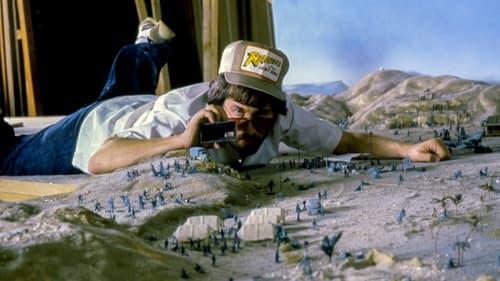
Hawaii, May 1977. After the success of Star Wars, George Lucas and Steven Spielberg meet to find a new project to work on together, the former as producer, the latter as director. The story of how the charismatic archaeologist Indiana Jones was born and how his first adventure, released in 1981, triumphed at box offices around the world.
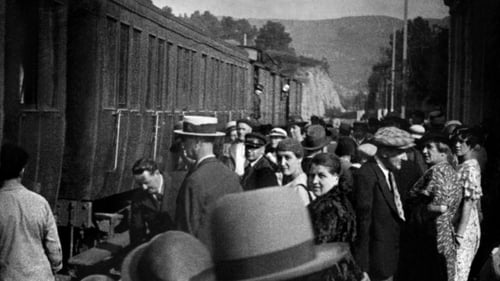
Likely in June 1897, a group of people are standing along the platform of a railway station in La Ciotat, waiting for a train. One is seen coming, at some distance, and eventually stops at the platform. Doors of the railway-cars open and attendants help passengers off and on. Popular legend has it that, when this film was shown, the first-night audience fled the café in terror, fearing being run over by the "approaching" train. This legend has since been identified as promotional embellishment, though there is evidence to suggest that people were astounded at the capabilities of the Lumières' cinématographe.
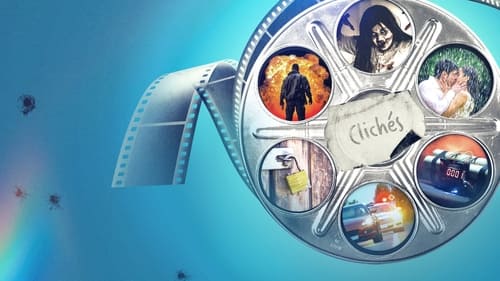
Movie stars and members of the film industry make fun of several narrative and visual clichés that are as shocking and aesthetic as they are often truly ridiculous.
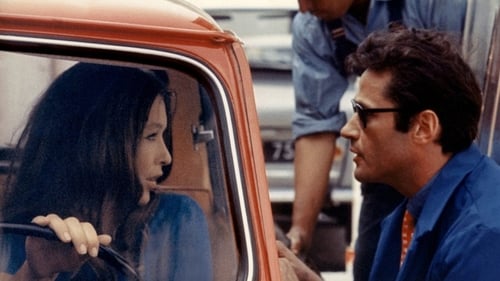
1966年のパリ。政府から首都圏整備拡張計画が交付され、至る箇所に新興団地や道路が建設されていく。パリ郊外の公団住宅に住む人妻ジュリエットは、ガソリンスタンドに勤める夫の稼ぎが悪いため、昼間に売春を行っていた。幼い娘を託児所に預けてからカフェで客を待ち、今日も若い男を安ホテルに連れ込んで一仕事する。そして彼女の行きつけの美容院で働くマリアンヌも、あるアメリカ人に電話で誘われてホテルへと向かう。
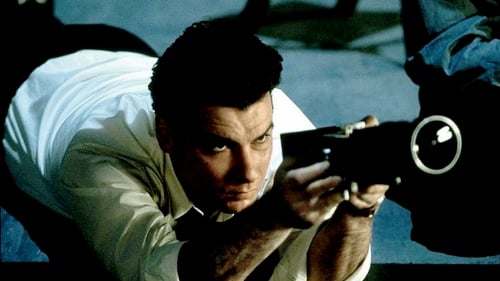
In 1939, boy-wonder Orson Welles leaves New York, where he has succeeded in radio and theater, and, hired by RKO Pictures, moves to Hollywood with the purpose of making his first film.
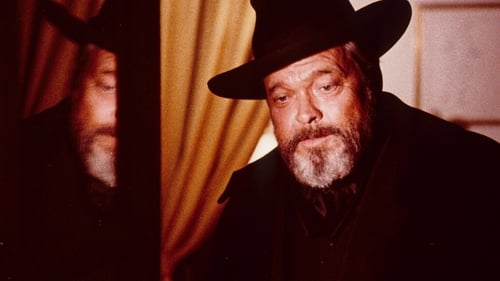
Documents the lives of infamous fakers Elmyr de Hory and Clifford Irving. De Hory, who later committed suicide to avoid more prison time, made his name by selling forged works of art by painters like Picasso and Matisse. Irving was infamous for writing a fake autobiography of Howard Hughes. Welles moves between documentary and fiction as he examines the fundamental elements of fraud and the people who commit fraud at the expense of others.
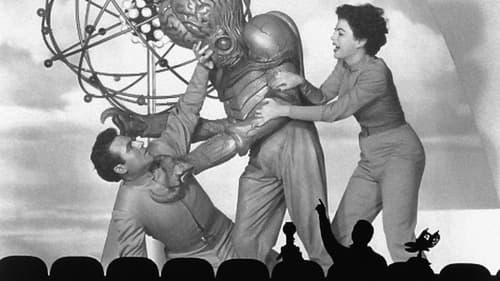
The mad and evil scientist, Dr. Clayton Forrester, has created an evil little scheme that is bound to give him world global domination but first things first. He plans to torment Mike Nelson and the robots by sending them a real stinker of a film to watch called, "This Island Earth." He is convinced that this movie will drive them insane. Will this be the ultimate cheese that breaks the boys' spirits?
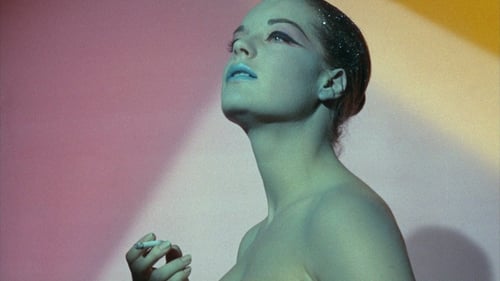
In 1964, Henri-Georges Clouzot's production of L'Enfer came to a halt. Despite huge expectations, major studio backing and an unlimited budget, after three weeks the production collapsed. This documentary presents Inferno's incredible expressionistic original rushes, screen tests, and on-location footage, whilst also reconstructing Clouzot's original vision, and shedding light on the ill-fated endeavor through interviews, dramatizations of unfilmed scenes, and Clouzot's own notes.
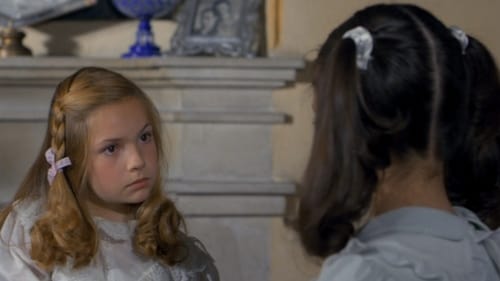
In 1965 Mexico City, Flavia, a wealthy yet lonely schoolgirl, befriends Veronica, a young orphan girl who has a fascination with witchcraft. Veronica convinces Flavia that she is a real witch and forces her to be her assistant. The children's games gradually become more serious and Veronica demands more from Flavia.

A hilarious introduction, using as examples some of the best films ever made, to some of Slovenian philosopher and psychoanalyst Slavoj Žižek's most exciting ideas on personal subjectivity, fantasy and reality, desire and sexuality.
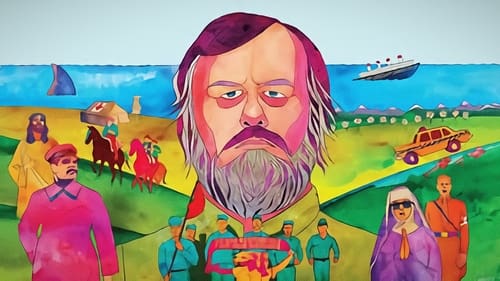
A journey into the labyrinthine heart of ideology, which shapes and justifies both collective and personal beliefs and practices: with an infectious zeal and voracious appetite for popular culture, Slovenian philosopher and psychoanalyst Slavoj Žižek analyzes several of the most important films in the history of cinema to explain how cinematic narrative helps to reinforce prevailing ethics and political ideas.
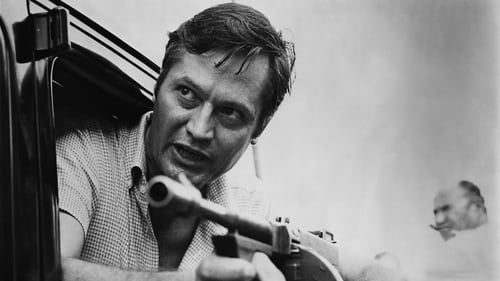
A chronicle of the long career of American filmmaker Roger Corman, the most tenacious and ingenious low-budget producer and director in the US film industry, a pioneer of independent filmmaking and discoverer of new talent.





















